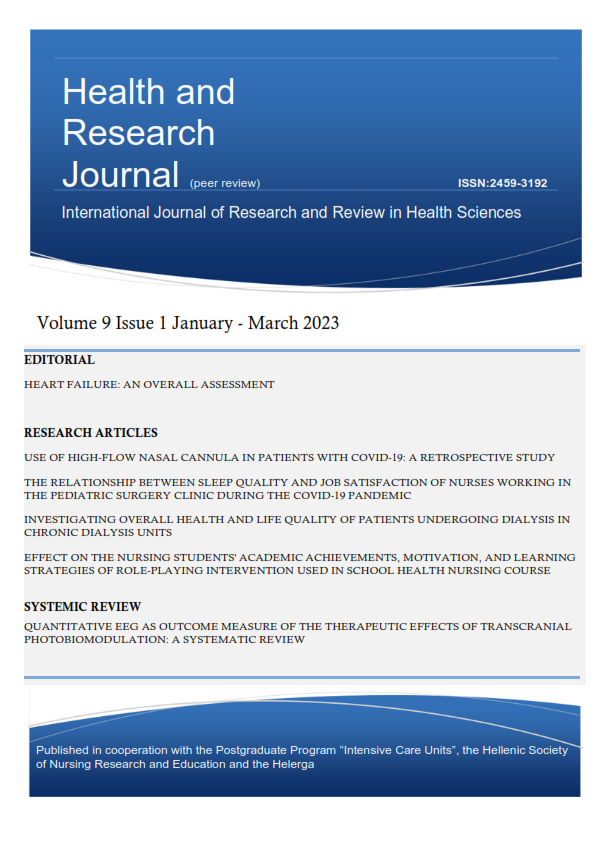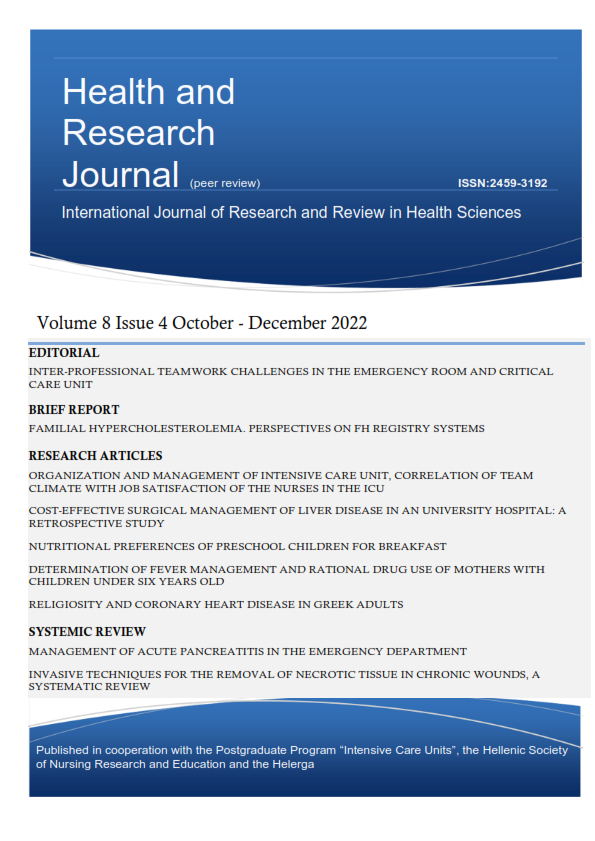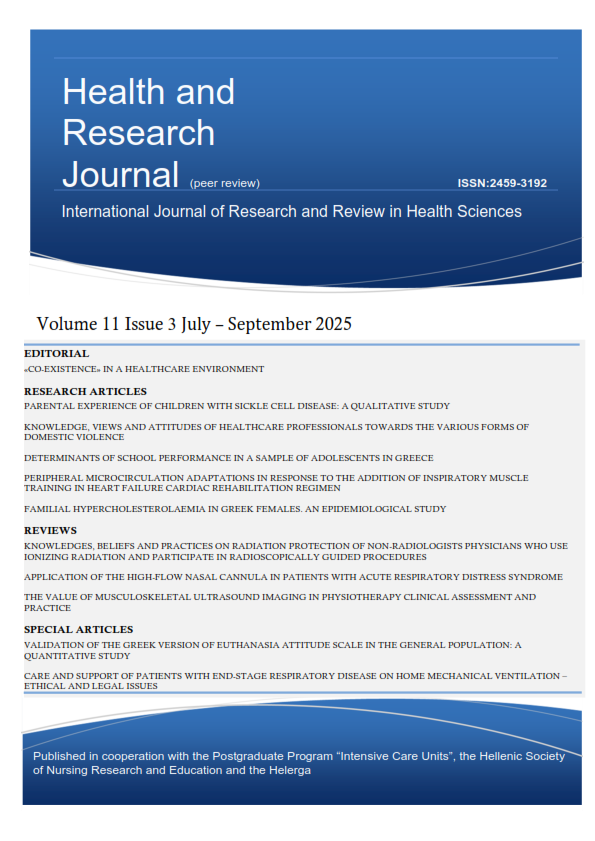The relationship between Sleep Quality and Job Satisfaction of Nurses working in the pediatric surgery clinic during the COVID-19 pandemic

Abstract
Background: It is important to determine the relationship between the quality of sleep, which is the basic requirement, and job satisfaction, which has an important place in the working life of nurses. The aim of this study is to examine the relationship between sleep quality and job satisfaction of nurses working in the pediatric surgery clinic during the COVID-19 pandemic.
Material and Methods:This study is of descriptive type. The sample of the study consists of 94 pediatric surgery nurses who are members of the Association of Pediatric Surgery Nurses. Nurse Descriptive Information Form, Pittsburgh Sleep Quality Index (PSQI), Nurse Job Satisfaction Scale (NJSS) were used to collect the data. Descriptive statistics, Shapiro-Wilk, Kruskall Wallis, Mann-Whitney-U test and Pearson Correlation analysis were used in the evaluation of the data.
Results: The mean age of the pediatric surgical nurses was 32.82±7.85 years. It was determined that the sleep index and job satisfaction of pediatric surgery nurses were low. There was a negative and moderate correlation between the scores the pediatric surgery nursing obtained from the Nurse Job Satisfaction Scale and the Pittsburgh Sleep Quality Index. It was determined that as the sleep quality of the pediatric surgery nurses decreased, the job satisfaction decreased.
Conclusions:As a result of the study, the sleep quality of pediatric surgery nurses in the COVID-19 pandemic decreased their job satisfaction. It is thought that these results may play a key role in increasing the job satisfaction and regulating working conditions of pediatric surgery nurses working at the forefront of the COVID-19 pandemic.
Article Details
- How to Cite
-
Bozkul, G., & Karakul, A. (2023). The relationship between Sleep Quality and Job Satisfaction of Nurses working in the pediatric surgery clinic during the COVID-19 pandemic . Health & Research Journal, 9(1), 13–22. https://doi.org/10.12681/healthresj.30283
- Section
- Original Articles
Copyright notice:
Authors retain copyright of their work and grant the Health and Research Journal the right of first publication.
License:
Articles are published under the Creative Commons Attribution 4.0 International License (CC BY 4.0). This license permits use, sharing, adaptation, distribution, and reproduction in any medium or format, including for commercial purposes, provided that appropriate credit is given to the author(s) and the original publication in this journal, a link to the license is provided, and any changes are indicated.
Attribution requirement:
Any reuse must include the article citation and DOI (where available), and indicate if changes were made.




